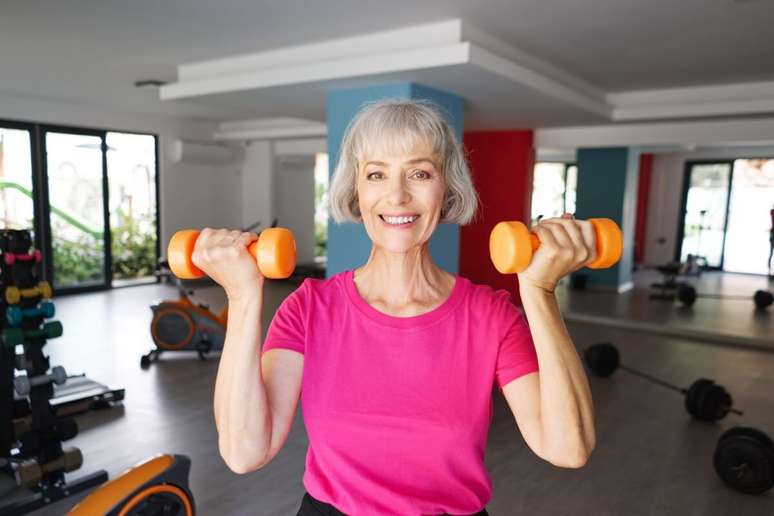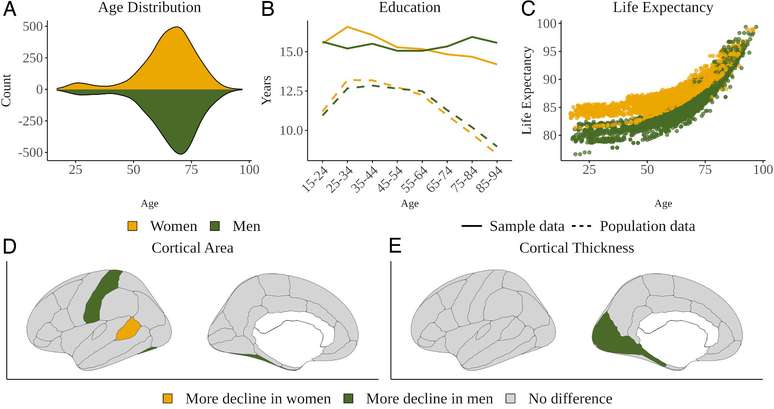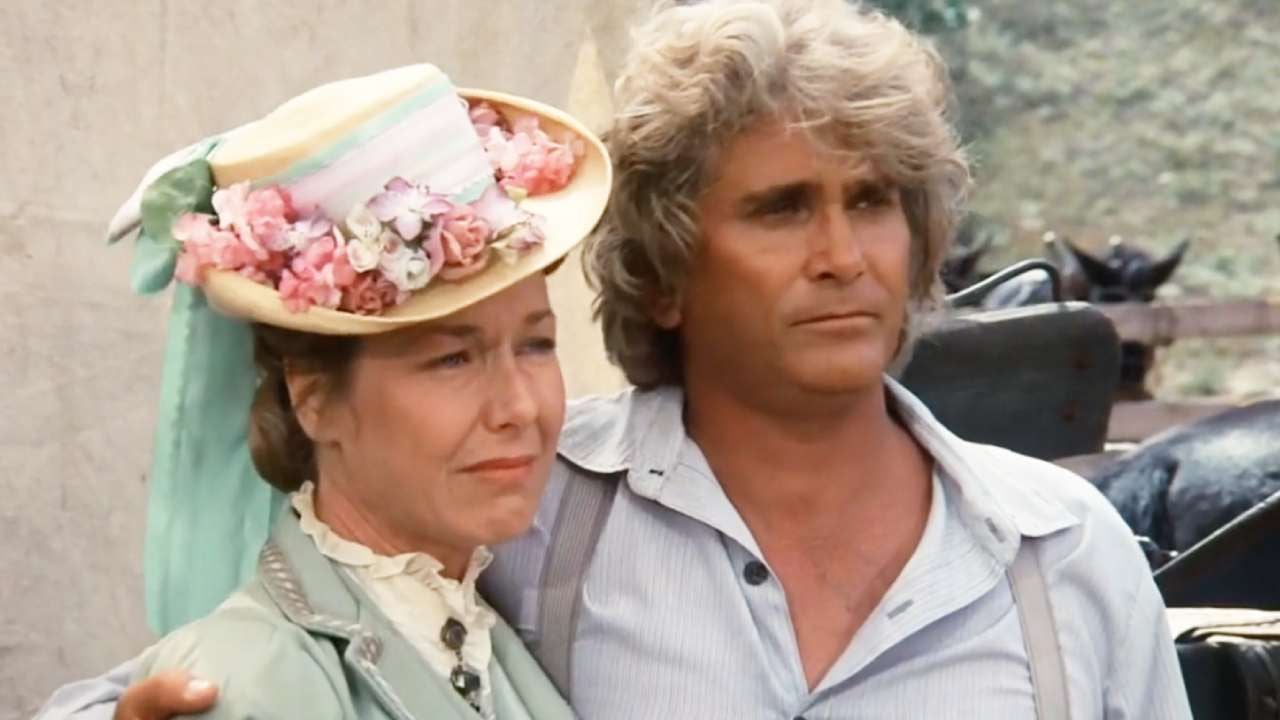Paying attention to your nutrition is essential to preserving muscle mass, strength and mobility
Including protein in your diet is crucial for maintaining the health of older adults, as it helps preserve muscle mass, strength and mobility, promoting healthy and active aging. This is because maintaining lean body mass is important to the aging process.
“Among the benefits we can mention the quality of physical function and independence, balance and prevention of falls, bone health, metabolism and weight control, prevention of metabolic and degenerative diseases”, explains the doctor Marcella Garcez, nutritionist, director and professor at the Brazilian Association of Nutrology (ABRAN).
According to Dr. Marcos Cortelazo, orthopedic knee and sports traumatology specialist, member of the Brazilian Society of Orthopedics and Traumatology (SBOT), proteins are the basis for building muscle tissue. “In this way, they are important not only for maintaining, but also for increasing muscle mass. In turn, maintaining and increasing muscle mass has the effect of supporting our body and biomechanical balance of the joints, which allows us to move and have adequate locomotion with joint protection,” he explains.
Furthermore, according to the doctor, muscle mass helps to increase basal metabolism, ensuring greater caloric expenditure and, therefore, maintenance or improvement in body weight. “Adequate body weight, in turn, reduces joint overload and also protects the joints from wear and tear, thus creating a virtuous circle for joint health,” he says.
Adequate protein consumption
According to the nutritionist, practicing is essential to maintain lean body mass physical activities that involve resistance exercises, such as weight training or weight training, and a balanced, protein-rich diet. The World Health Organization (WHO) recommends a daily protein intake of 0.8 grams per kilogram of body weight for healthy adults, including older adults. This recommendation is considered sufficient for most sedentary older adults.
“The Brazilian Society of Geriatrics and Gerontology and the American Dietetic Association recommends a slightly higher protein intake for elderlysuggesting a range of 1.0 to 1.2 grams of protein per kilogram of body weight per day, based on evidence that older people may need slightly more protein to maintain muscle mass and prevent sarcopenia,” explains Dr. Marcella Garcez.
This means that a 70 kg elderly person should consume between 70 g and 84 g of protein daily. “To give an example, it is good to remember that 100 g of lean meat contains approximately 25 g of proteins; 100 g of low-fat dairy products contain approximately 15 g of proteins; 100 g of legumes (cereals that form the pods and the main source of proteins vegetables) contain approximately 15 g of proteins and 1 egg contains 6 g of proteins”, explains the doctor.

Importance of maintaining lean mass
Dr. Marcos Cortelazo emphasizes that maintaining lean mass is an important issue to consider, especially with aging of people – period of life in which sarcopenia normally occurs, a loss of muscle mass that is degraded and replaced by adipose tissue.
“As a result, there is a loss of strength, which has a direct impact on mobility, as well as increasing the chances of falls, hospital admissions and death. In this way, maintaining lean body mass works to prevent such problems and improve strength , mobility and consequent quality of life”, underlines the specialist.
According to the doctor, since the joints are directly influenced by the action of the muscles, the maintenance of the muscles acts directly on the good functioning of the joints, ensuring adequate biomechanics.
“Another important aspect is that maintaining muscles ensures that strength is maintained, and with this, joint mobility is also maintained. And finally, the indirect effect of muscle maintenance is the increase in basal metabolism, which helps to maintain body weight,” he says.
Challenges of adequate protein intake by older adults
However, there are some challenges related to adequate protein intake that older adults face. Dr. Marcella Garcez explains that:
- There is a reduction in appetite, caused by a variety of factors, including changes in taste and smell, teething problems, chronic illness, medication use, and even loneliness or depression;
- They face chewing and swallowing difficulties due to dental problems, tooth loss, inadequate dentures or neuromuscular dysfunctions;
- Older people may experience dietary restrictions due to medical conditions such as kidney disease, diabetes, hypertension, or heart problems;
- Difficulties are also encountered in preparing meals for elderly people who live alone, with physical difficulties, lack of time, energy or culinary skills;
- A low intake is found among elderly people who follow vegetarian or vegan diets, as plant proteins, such as legumes, cereals, dried fruit and seeds, have a lower intake of essential amino acids than proteins of animal origin.
“Protein supplements may be indicated when protein intake is insufficient, in cases of recovery from injuries and surgeries, in cases of sarcopenia and loss of muscle mass, when there is an increase in requirement due to physical activity”, he concludes the nutritionist.
By Maria Claudia Amoroso
Source: Terra
Ben Stock is a lifestyle journalist and author at Gossipify. He writes about topics such as health, wellness, travel, food and home decor. He provides practical advice and inspiration to improve well-being, keeps readers up to date with latest lifestyle news and trends, known for his engaging writing style, in-depth analysis and unique perspectives.







![Tomorrow belongs to us: What awaits you in the episodes of 2052 and 2053 on October 15, 2025 [SPOILERS] Tomorrow belongs to us: What awaits you in the episodes of 2052 and 2053 on October 15, 2025 [SPOILERS]](https://fr.web.img6.acsta.net/img/39/95/3995a2d00abbf3c01161818d01a95388.jpg)

